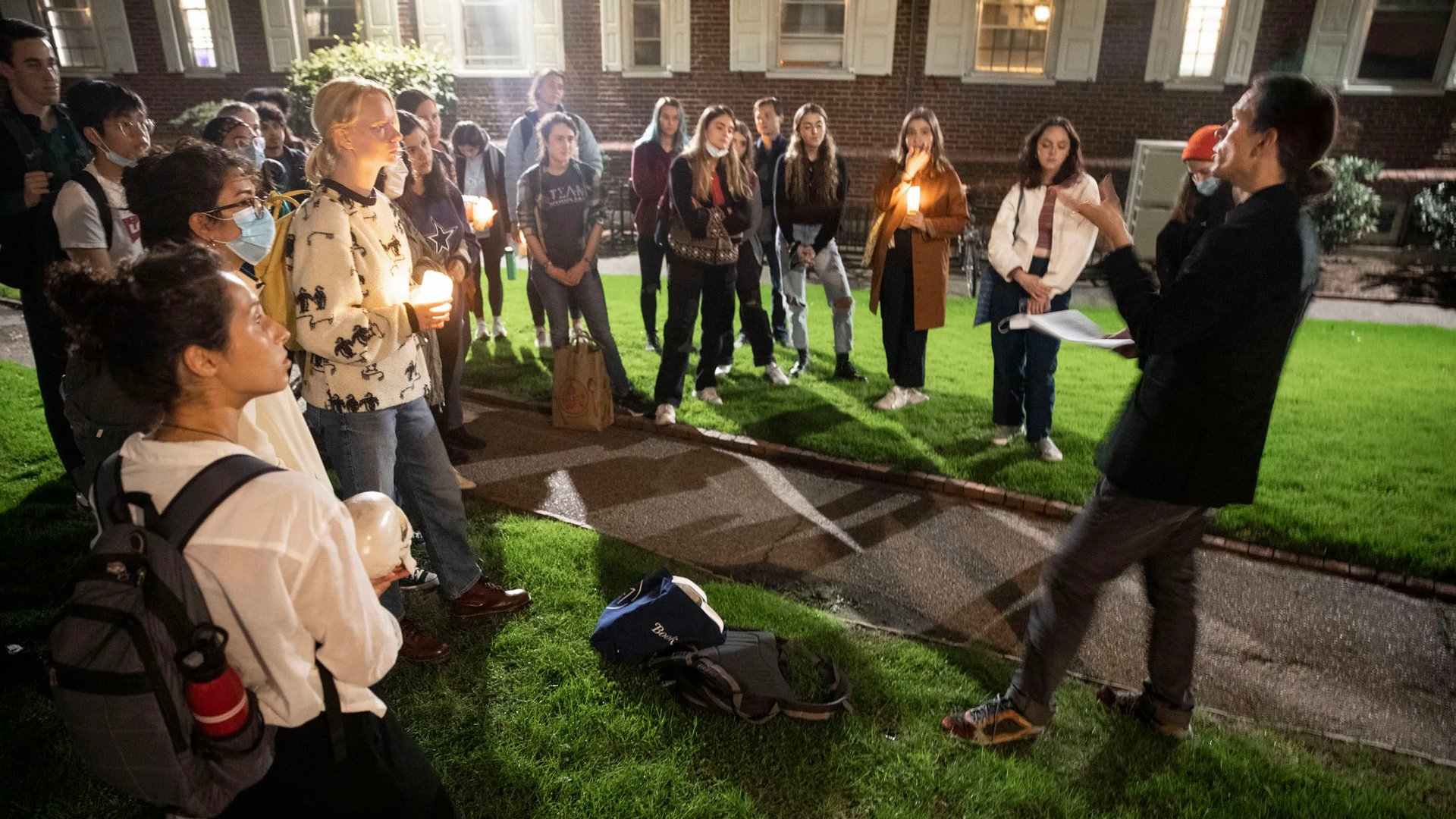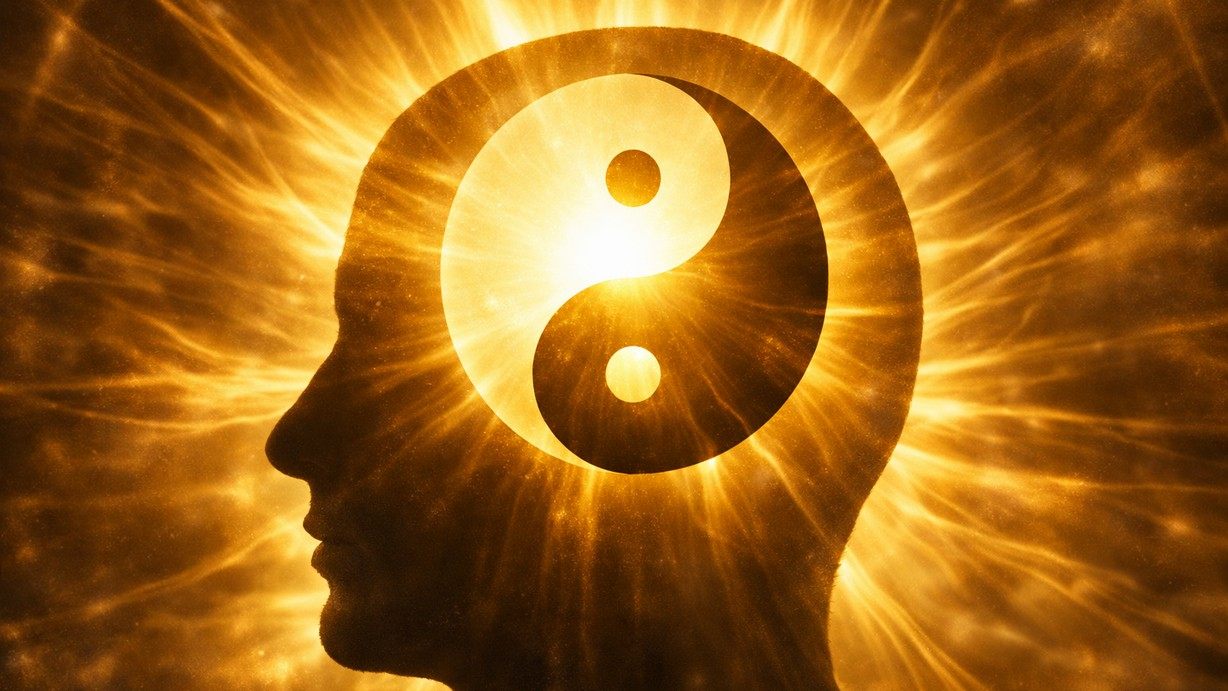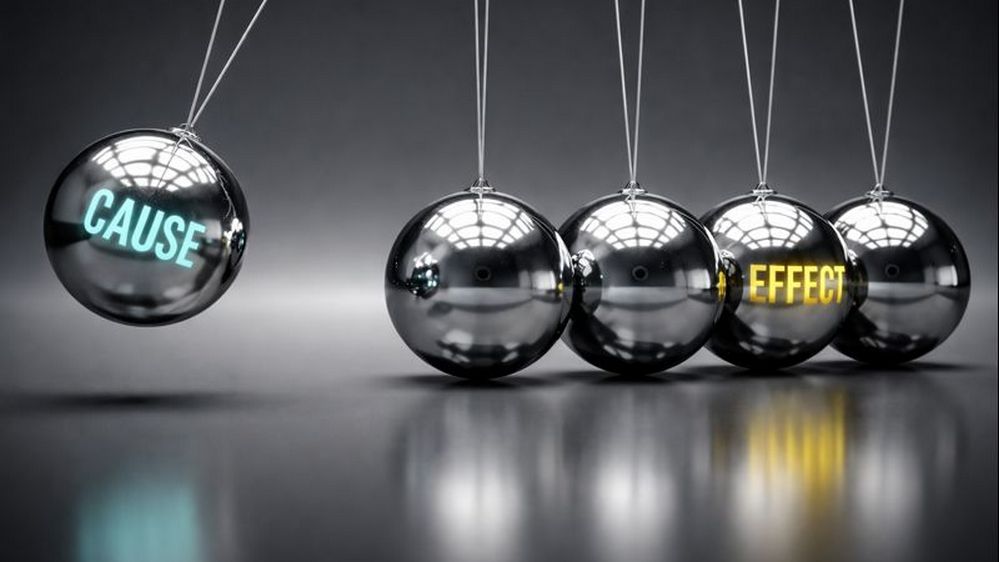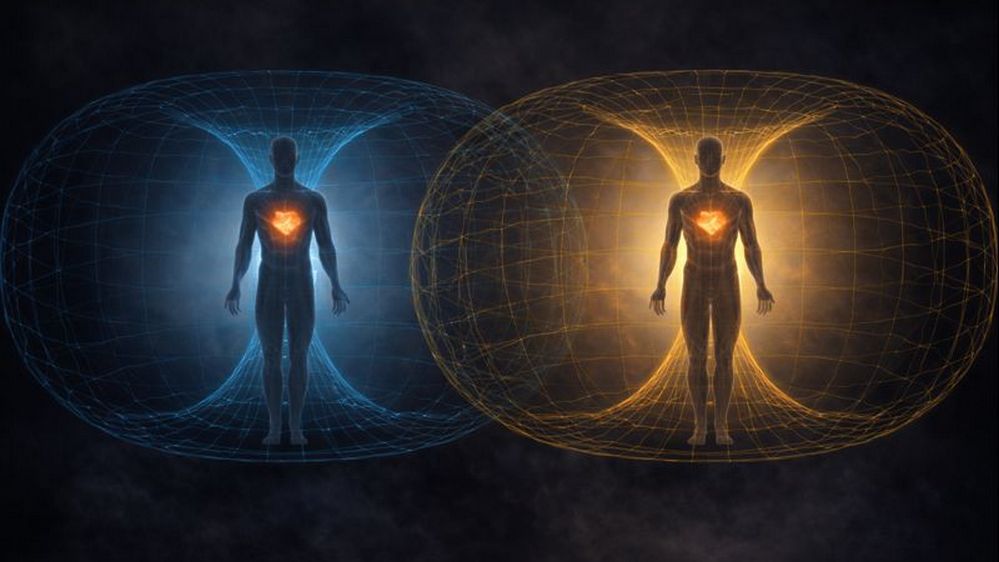When you think of Ivy League universities, what comes to mind?
Tweed blazers, centuries-old libraries, elite social clubs, and, perhaps, future presidents brushing shoulders with Nobel laureates.
But here’s a curveball…
Did you know that some of these hallowed halls once echoed with whispers of psychic powers, extrasensory perception (ESP), and remote viewing experiments?
Yes. Beneath the marble columns and amidst the Latin-engraved crests, there were researchers seriously testing whether the human mind could bend spoons, predict the future, or peek into locked boxes from across the world.
Welcome to the most unexpected chapter in Ivy League history. One where academia tiptoed into the Twilight Zone.
Harvard’s Foray into the Paranormal
Let’s begin with Harvard, because of course, it all begins with Harvard.
This Ivy League juggernaut once played host to research on ESP during the post-war years when Cold War paranoia (and curiosity) had everyone wondering if psychic spies were a real thing.
In the 1950s and 60s, several Harvard psychologists took part in quietly funded experiments into telepathy and clairvoyance.
One such psychologist, Dr. Robert Rosenthal, best known for his work on the “Pygmalion Effect,” also dipped a toe into the murky waters of psi research. While he didn’t devote his career to it, the fact that ESP even made it onto a Harvard blackboard speaks volumes.
And here’s the kicker: some of these experiments were funded by…you guessed it…the U.S. government.
Yale and the Case of the Mind-Melding Professors
Yale, that beacon of East Coast sophistication, wasn’t going to let Harvard have all the psychic fun. How could it?
In the 1970s, a few Yale psychologists and parapsychology enthusiasts quietly collaborated with other universities exploring ESP.
Though much of Yale’s involvement was hush-hush (no Ivy League wants to be caught chasing ghosts, after all), records show that some professors lent credibility and contacts to programs investigating psychic phenomena.
There’s even an anecdote about a Yale researcher who tried testing telepathy between twins. Because what better place to find genetically matched test subjects than among generations of Ivy alumni?
While Yale kept things relatively low-key, it provided intellectual support and connections for broader parapsychological studies, keeping one polished loafer in the world of the unexplained.
Princeton – The Ivy League’s Full-Blown Psychic Lab
If Harvard and Yale flirted with ESP, Princeton took it out for dinner, bought it flowers, and gave it a research lab.
Enter the PEAR Lab, the Princeton Engineering Anomalies Research Laboratory.
It was founded in 1979 by Dr. Robert Jahn, then dean of Princeton’s School of Engineering and Applied Science. The lab’s goal was to study the interaction between human consciousness and machines. Translation: can your mind influence a computer without touching it?
Over nearly three decades, PEAR ran thousands of experiments on remote viewing, telekinesis, and random event generators (think: machines that flip virtual coins).
Their most famous findings? Slight but statistically significant evidence that human intention could affect machines, enough to give skeptics a headache and believers a high-five.
Dr. Jahn and his colleague Brenda Dunne insisted their work showed the brain could impact physical reality, even if only subtly.
Critics screamed “bias” and “bad science”. But PEAR’s published work stirred a global conversation and even inspired government interest.
Not bad for a lab that most of Princeton pretended didn’t exist.
The CIA, Ivy Professors, and Psychic Spies
Now, let’s sprinkle in some Cold War intrigue for flavor.
During the 1970s and 80s, the U.S. government quietly funneled millions of dollars into psychic research under programs like Project Stargate.
This was no comic book plot. Funded by the Defense Intelligence Agency and CIA, these projects aimed to explore “remote viewing”. It was the ability to psychically spy on faraway targets. Think of it like a military-grade clairvoyance.
Guess where the government went shopping for brainpower? That’s right! The Ivy League.
Harvard and Princeton alumni were among those brought in as consultants, analysts, or critical thinkers to evaluate results.
While the actual experiments were run out of Stanford Research Institute (not an Ivy), the intellectual firepower, peer reviews, and think-tank connections often had Ivy roots.
So yes, your tax dollars once paid Ivy-trained minds to figure out if we could psychically detect Soviet submarines.
God bless America.
What Happened Next – Mainstream Rejection and Quiet Legacy
By the early 2000s, Ivy League institutions were walking (no, sprinting) away from parapsychology.
Princeton shut down PEAR in 2007, citing a desire to refocus on traditional science. Harvard and Yale gradually buried their ties to psychic studies under layers of tenure-track respectability.
Still, the legacy lingers.
Thousands of papers, archives, and data sets are now digitized and available to anyone willing to dig. The PEAR archives are housed in the International Consciousness Research Laboratories, and some former Ivy scholars still write, lecture, or publish in this field.
Why Should You Care? Boomers and Gen X Should Care
So why does this matter to you, sipping coffee with a raised eyebrow?
Because if you are a Boomer or from Gen X, you grew up in an era when the line between science and mystery was thinner.
You remember Uri Geller, Kreskin, and late-night shows about pyramids and psychic pets. You remember when “future shock” meant we might all be psychic by 1999.
And now you find out that behind those Ivy League gates, while professors wore elbow patches and lectured on Newton, some were also measuring brainwaves, testing telepathy, and trying to see if the universe really could be bent with thought.
So? Maybe They Knew Something We Don’t
Let’s be real. Most mainstream scientists still scoff at ESP research. But if the Ivy Leagues (yes, those rigorous, peer-reviewed temples of logic) were willing to entertain it, maybe it’s worth another look.
Sure, they never proved psychic powers beyond a shadow of a doubt. But they didn’t exactly disprove them either.
And let’s face it. Who among us hasn’t had a weird moment of déjà vu, a flash of intuition that saved a life, or a dream that somehow came true?
Maybe the real question isn’t whether Ivy League schools once researched ESP.
Maybe the question is… what do they know now that we don’t?














